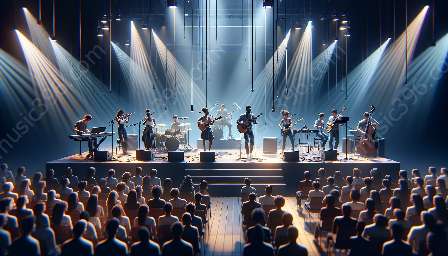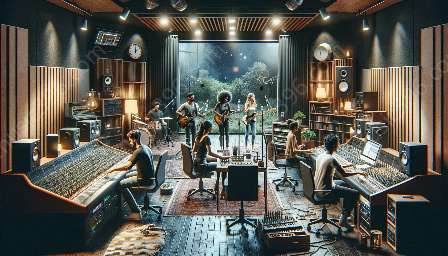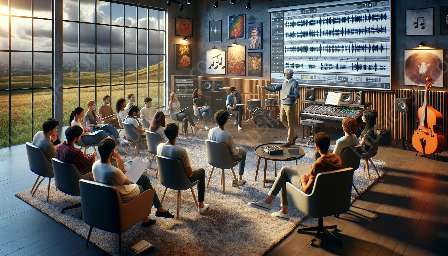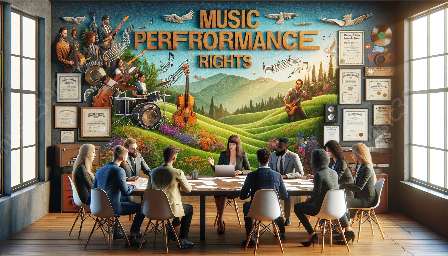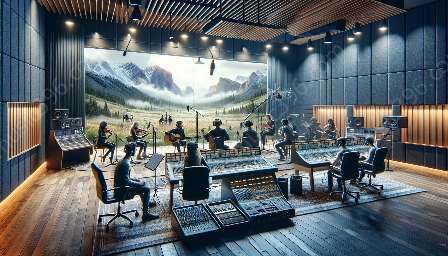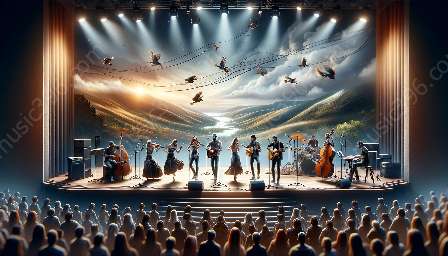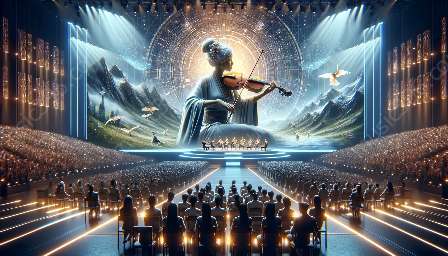Introduction
Unauthorized music performances in educational settings can have far-reaching consequences for both the performers and the music industry. In this topic cluster, we will delve into the implications of unauthorized music performances in education, the importance of music performance licensing, and the impact on the music performance industry.
Consequences of Unauthorized Music Performances
Unauthorized music performances in education can lead to legal and financial repercussions for schools, teachers, and students. When music is performed publicly without the necessary licenses, it constitutes copyright infringement, potentially resulting in lawsuits, fines, and damage to the reputation of the educational institution.
Moreover, unauthorized performances deprive artists and rights holders of fair compensation for their work. This not only affects the livelihood of musicians and composers but also diminishes the incentive to create and share new music.
Importance of Music Performance Licensing
Music performance licensing is essential for ensuring that artists and rights holders receive fair compensation when their music is performed in public settings, including educational institutions. By obtaining the appropriate licenses, schools and educators can legally showcase musical performances while supporting the creative community.
Licensing also promotes the ethical and legal use of music, instilling a culture of respect for intellectual property rights among students. Through compliance with licensing requirements, educational institutions demonstrate their commitment to upholding copyright laws and fostering a sustainable music industry.
Impact on the Music Performance Industry
Unauthorized music performances in education can have a detrimental impact on the music performance industry as a whole. Artists and rights holders rely on the proper licensing and compensation for their work to sustain their careers and continue creating music.
When performances are conducted without obtaining the necessary licenses, it undermines the value of music and hinders the growth of the industry. This can impede the development of emerging talent and diminish the diversity of musical offerings available to the public.
By exploring the consequences of unauthorized music performances in education and highlighting the importance of music performance licensing, we can work towards creating a more supportive and sustainable environment for music education and the music performance industry.


